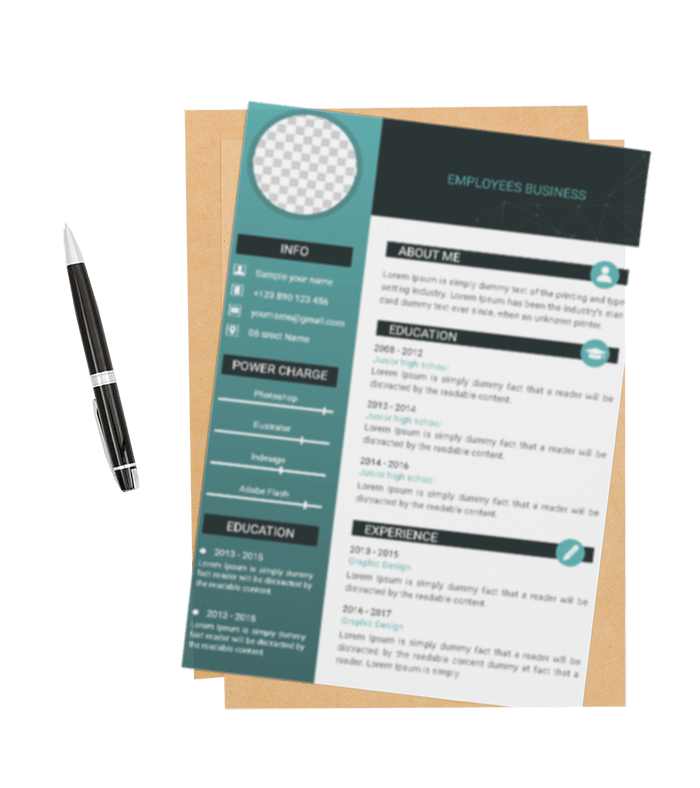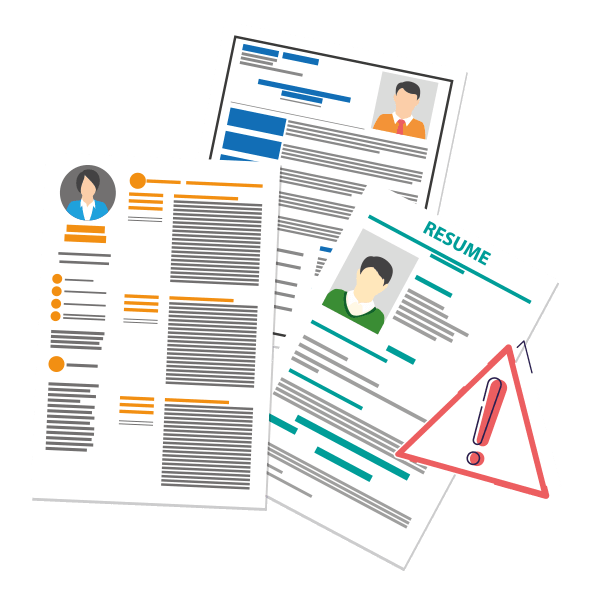

Keep this section brief - your full name, address, email address and phone number are important.
List these in reverse chronological order with your most recent experiences first. Include the name of the institutions, the dates you were there and the qualifications you obtained/will obtain. You may want to list the relevant modules, the projects and dissertations you undertook, the grades you achieved and the skills you developed.
A winning Summary of Accomplishments provides a brief overview of what makes you special and how you contributed to your company. A good Summary of Accomplishments can often determine whether you would be shortlisted.
Whether they’re paid, voluntary or shadowing, all experiences count. State these in reverse chronological order with dates to show how long you were there. Mention your achievements and highlight the skills you used or developed.
Including this information will show that you’re motivated to pursue activities relating to your career and that you take the initiative to develop your skills. Focus on recent examples, describing what you contributed and learnt.
Remember – your CV is a platform to demonstrate your key strengths and achievements and a key step in our application process.

